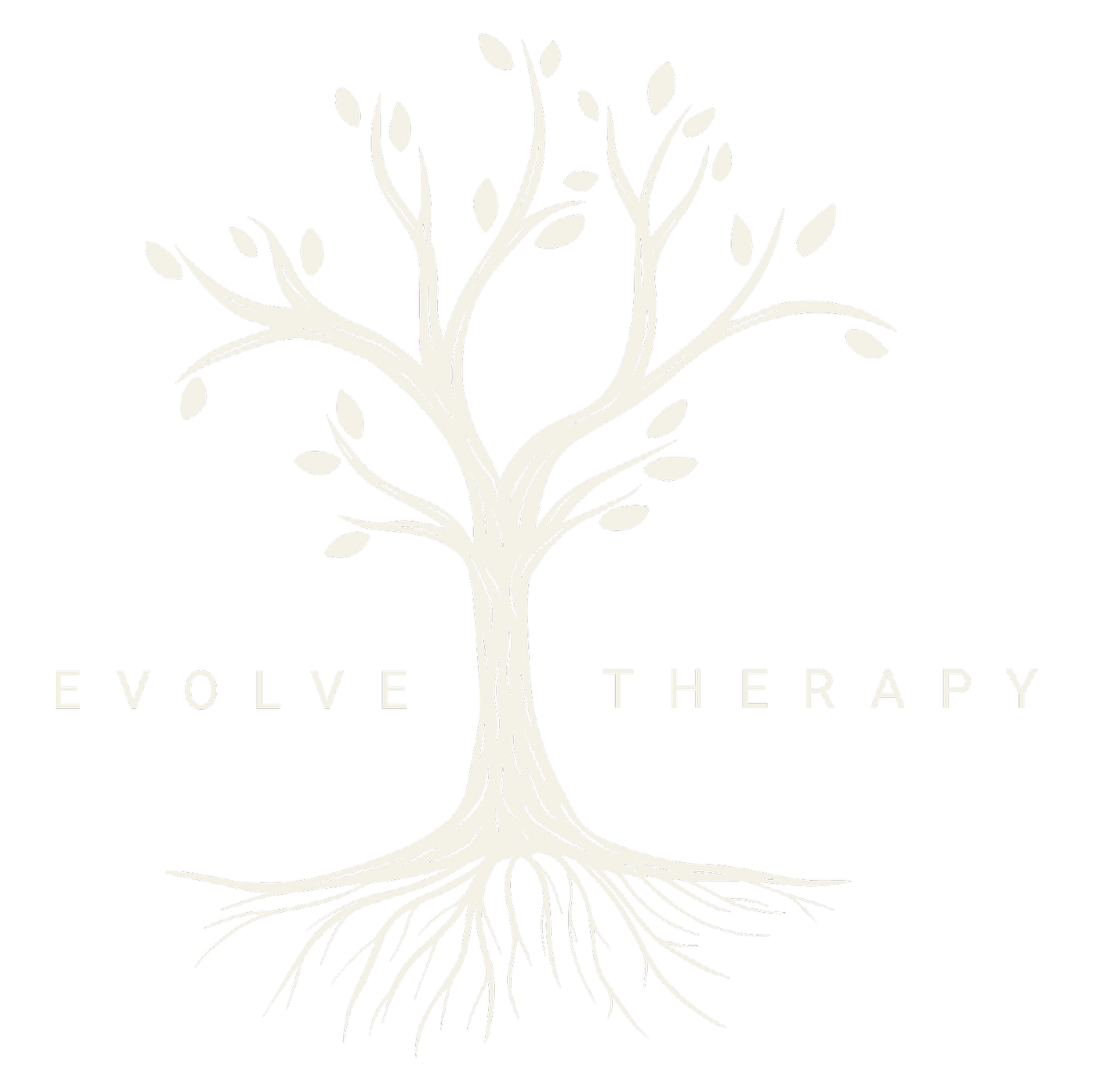Signs You’re Living with Trauma (Even If Nothing “Big” Happened)
Trauma doesn’t require a single catastrophic event to shape your nervous system and your life. Many people live with trauma responses rooted in chronic stress, emotional neglect, or repeated overwhelm—often without realizing it. These patterns live in the brain and body, which is why insight alone doesn’t always bring relief. Trauma-informed approaches like DBR, somatic therapy, parts work, and therapy intensives help heal trauma at its source.
How to Prioritize Mental Health in 2026 (Spoiler: It’s Not What You Think)
Mental health in 2026 isn’t about doing more self-care — it’s about understanding how your nervous system has adapted to constant stress, trauma, and overload. Awareness around trauma, ADHD, and burnout has exploded, but insight alone doesn’t calm a system stuck in survival mode. New approaches like trauma-informed therapy, DBR, and therapy intensives focus less on symptom management and more on restoring safety at the brain-body level.
Healing for High-Achievers: When “Doing It All” Turns Into Dissociation
High-achievers often push themselves without realizing their drive is rooted in early survival patterns. Dissociation becomes the quiet side effect—showing up as numbness, hyper-focus, or feeling detached from your own life. Healing the nervous system helps you stay motivated without relying on adrenaline, perfectionism, or fear. DBR, somatic therapy, parts work, and therapy intensives unwind the deeper layers behind overfunctioning and open the door to grounded, sustainable ambition.
How Healing Your Nervous System Changes Everything
Trauma shapes the way your nervous system moves through the world—often long after the event is over—affecting everything from emotional reactions to how safe you feel in your own body. Healing the nervous system isn’t just about feeling calmer; it reorganizes the brain-body connection so you can access clarity, connection, rest, and confidence that weren’t available before. Approaches like Deep Brain Reorienting (DBR), somatic therapy, parts work, and therapy intensives reach layers of the brain that talk therapy can’t fully access on its own. With the right support, your system can shift out of survival mode and into a felt sense of safety that truly changes how you live, love, and lead your life.
Weekly Therapy vs. Therapy Intensives: Which Is Better for Me?
There’s something about fall that inspires reflection. The air cools, the pace of life shifts, and we start feeling that “back-to-school” pull to reset and refocus. For many people, that includes finally making mental health a priority—especially after a busy summer of juggling work, family, and travel. But there’s a question that often comes up when people decide to start therapy: Should I go the traditional route with weekly sessions, or try a therapy intensive for faster progress? Both can be effective, and neither is one-size-fits-all. Let’s break down the key differences so you can decide which approach works best for your goals this fall.
Why Therapy Intensives Are Ideal for People with Limited Time
If your calendar is always full, you’re not alone. Many people want help but can’t commit to the same hour every week. That doesn’t mean you have to wait to feel better. Therapy intensives are a time-efficient solution that respects packed schedules, provides depth, and moves the needle faster—especially for trauma, anxiety, chronic stress, or life transitions. In this post, you’ll learn what makes intensives effective, who benefits most, and how they work at Evolve Therapy in Phoenix, AZ.
The Connection Between Sleep and Mental Health
If you’ve ever spent a night tossing and turning, you know how much poor sleep can affect your mood the next day. Sleep struggles are incredibly common, and they’re not just about feeling groggy. The connection between sleep and mental health is powerful: when your sleep suffers, your emotional balance, focus, and overall well-being take a hit. At Evolve Therapy, I specialize in trauma therapy and therapy intensives that help clients break patterns of anxiety, stress, and exhaustion — often including disrupted sleep. Whether you’ve been lying awake at 3 a.m. replaying the day or waking up already anxious, you’re not alone. And there are ways to change this cycle.
5 Key Areas in Life Where You Might Need a Fresh Perspective: Time to Reorient!
Life can sometimes feel like you’re stuck on repeat. If you’ve been going through the motions in your relationships, career, health, finances, or personal growth, it may be time for a reset. A fresh perspective can break you out of old patterns, spark healing, and help you move forward with clarity. For many clients in Phoenix, Scottsdale, and Tempe, trauma therapy and therapy intensives provide the space to reorient and finally create lasting change.
Why Investing in a Therapy Intensive Could Save You Time and Money
Therapy intensives condense months of progress into just a few days, saving both time and money. Instead of spending years in weekly sessions, you can experience deep, lasting results quickly. For clients in Phoenix, Arizona, and Connecticut, therapy intensives offer a cost-effective way to heal trauma, anxiety, and chronic stress while fitting into busy lives.
How Childhood Attachment Wounds Show Up in Adulthood
Unresolved childhood attachment trauma often shows up in adulthood through anxiety, people-pleasing, boundary issues, emotional dysregulation, and difficulty feeling safe in relationships. If your caregivers were emotionally immature or inconsistent, you may have learned to suppress your needs to stay connected. Healing is possible through trauma-informed therapy that helps clear shock, rewire old patterns, build emotional regulation, and finally feel safe enough to connect from your authentic self.
The Truth About High-Functioning Anxiety (and Why Boundaries Matter)
You’re the go-to person, the fixer, the one who always pulls it together. But lately, you’ve been spiraling by 3pm, snapping at emails, and wondering if you’re actually thriving… or just high-functioning and anxious AF. If boundaries feel like a foreign language and your brain won’t chill, anxiety therapy might be your next move.
Anxiety: How to Stop Burnout Before It Becomes Chronic
Life in Phoenix can feel busy—work deadlines, family responsibilities, social obligations. For many millennials, it starts as stress but slowly turns into burnout. Suddenly, you’re tired all the time, struggling to focus, and wondering why you can’t “just push through” like you used to. Anxiety therapy in Phoenix, AZ with Beth Freese, LPC can help you break the cycle before it becomes chronic.
Why Millennials Are Struggling with Anxiety, Burnout, and Chronic Pain (and How Trauma Therapy in Phoenix Can Help)
Millennials are often called “the burnout generation,” and for good reason. You’re juggling careers, relationships, caregiving, financial stress, and the constant pressure to “do it all.” Add in the leftover effects of a tough childhood, unpredictable relationships, or unresolved trauma, and it’s no wonder so many millennials are quietly struggling with anxiety, chronic pain, and emotional exhaustion.
Why Am I Crying in My Work Bathroom Again?
Let’s set the scene: It’s a regular Tuesday. You’re at work, minding your business, sipping coffee, and then—bam. A Slack message hits just the wrong nerve. Or maybe your manager’s “tone” in a meeting makes your stomach twist. Next thing you know, you're doing deep breathing exercises in the bathroom stall wondering, “Why am I like this?”
Why Talk Therapy Isn’t Working: A New Way to Heal Trauma and Anxiety
If you’ve ever found yourself sitting in a therapy session thinking, "I’ve said all of this before. Why am I still stuck?"—you’re not alone. Many of the individuals I work with are smart, self-aware, and deeply committed to growth. They’ve journaled, listened to podcasts, done years of talk therapy—and yet, their anxiety, chronic pain, or emotional patterns just keep looping. There’s a reason for that. And it’s not because you’re doing therapy “wrong.”
How Therapy Intensives Can Help You Prepare for a Stress-Free Summer
Summer is supposed to be relaxing, but getting there can feel like a sprint. If your to-do list is growing and your energy is draining, now might be the perfect time to pause and reset. For many busy parents and professionals in Phoenix, Scottsdale, and surrounding areas, spring feels like one long lead-up to summer: school events, project deadlines, travel planning, emotional load—all stacked back-to-back. You might be counting down the days to your vacation, yet emotionally running on empty.
What Are Therapy Intensives?
If you’ve ever wished therapy could move a little faster — you’re not alone. Therapy intensives offer a powerful alternative to weekly sessions by condensing months of progress into a focused 1- to 3-day experience. At Evolve Therapy, our intensives are designed for people who are ready to dive deeper into healing from trauma, anxiety, and chronic pain. Whether you're stuck in traditional therapy or just starting out, intensives can help you get where you want to be — faster.
‘Trauma’ Is More Than a Word: Breaking the Stigma and Healing on Your Terms
When you hear the word trauma, what comes to mind? For many, it conjures images of war, natural disasters, or severe accidents—major events that leave undeniable scars. But trauma isn’t always about catastrophic moments. It’s deeply personal, often subtle, and can stem from experiences that may seem small to others yet have a profound impact on your emotional and physical well-being.
BALANCE YOUR SLEEP: Integrative Approaches for Better Rest
Sleep is a fundamental pillar of mental health, yet many people struggle to get the quality rest they need. Whether due to stress, anxiety, or lifestyle habits, disrupted sleep can take a toll on emotional well-being, cognitive function, and overall mental resilience. Understanding the connection between mental health and sleep is the first step toward finding balance. By integrating holistic approaches, you can create a sleep routine that supports both mind and body.
What Is Attachment Trauma? Recognizing and Healing the Invisible Wounds of Early Relationships
Not all wounds are visible. Some are carried quietly, shaping how we trust, connect, and feel about ourselves—often without us realizing where they come from. Attachment trauma develops in our earliest relationships when emotional needs go unmet, leaving us with patterns of fear, insecurity, or difficulty forming healthy connections.





















